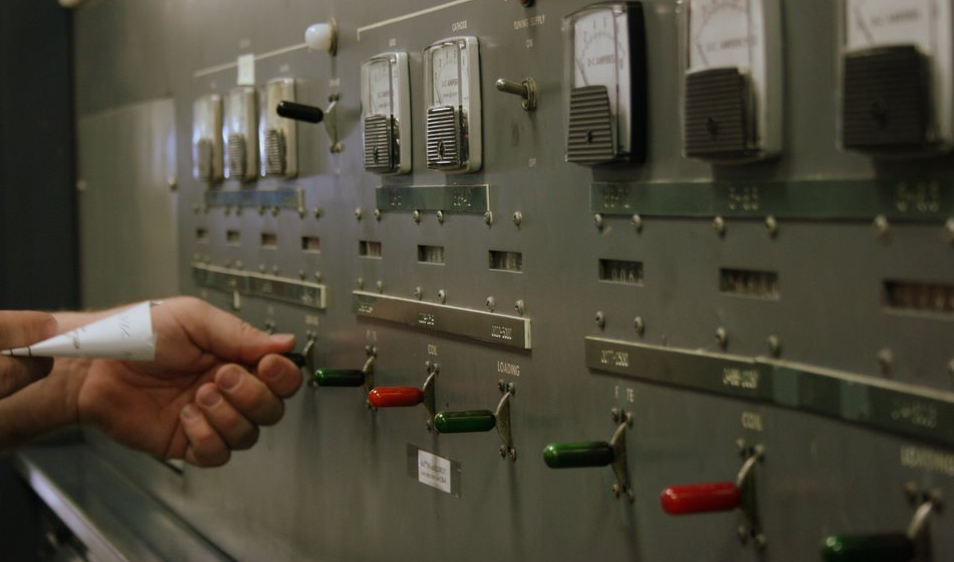Many thanks to SRAA contributor, Brian Smith, who notes:
Beginning in 1990, Radio St. Helena was known for transmitting an international shortwave radio broadcast only once a year -- and sometimes not even that -- on a frequency of 11092.5 kHz USB. I managed to hear its 2006 broadcast to North America for about an hour on Nov. 4 and 5 UTC (straddling the 0000 hour).
Because of its relatively low power, it was never an easy catch in the American Midwest. That's why this recording, which lasts just over an hour -- I spliced together both sides of a cassette -- captures a signal quality that is merely fair at best. But that was typical of Radio St. Helena, whose 1 kw signal in 2006 (it was 1.5 kw in the 1990s) seldom packed much of a punch.
I was listening on the borrowed rig of a now-deceased friend, Mike Koss, W9SU, and have long since forgotten the type of radio (probably a ham rig) he let me use. However, if memory serves, it was attached to a Beverage antenna that stretched across his 10-acre property in the heart of Indianapolis.
Mike deserves the lion's share of the credit for the creation of this recording.

























